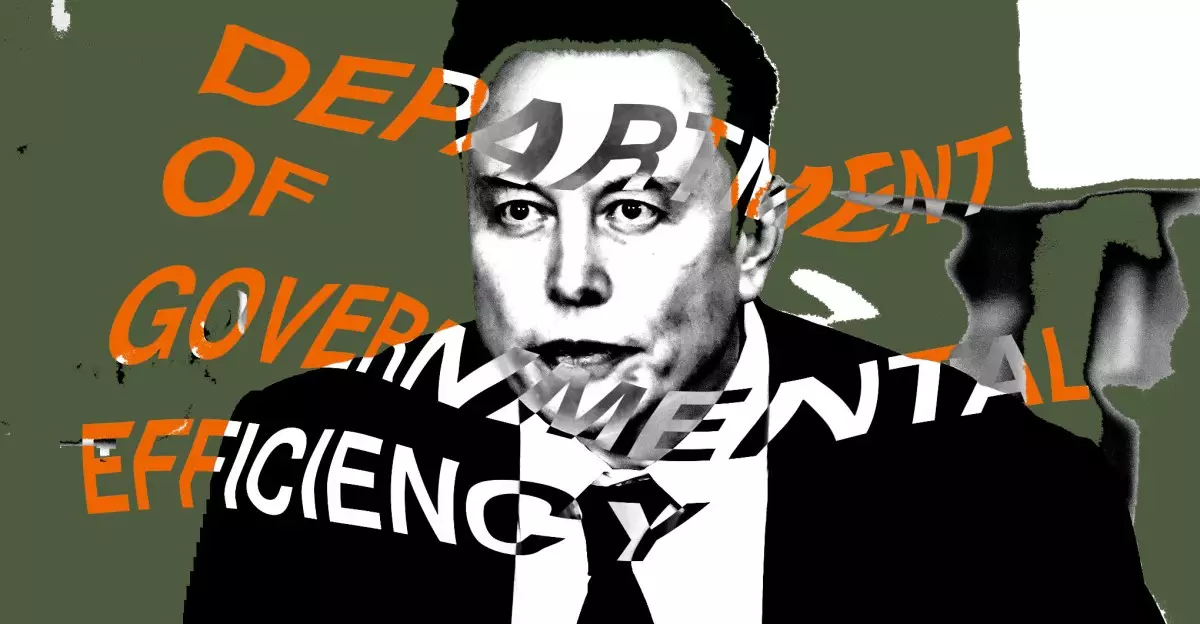In a surprising move, federal employees across various government agencies received an email over the weekend that has sparked significant controversy and concern. The missive, sent out by the Office of Personnel Management, required federal employees to document and present bullet points of their recent achievements by the upcoming Monday night deadline. This communication mirrored a tweet from Elon Musk, who has recently been associated with the federal workforce through his unconventional management style. Many found the email alarming, given Musk’s assertion that failure to comply would be interpreted as a resignation.
Legal experts have raised serious concerns regarding the implications of such a directive. In particular, disability law professor Sam Bagenstos from the University of Michigan emphasized that there is no legal foundation within the civil service system to support Musk’s claims. Legal practitioners stated that coercing employees in this manner could violate federal employment laws, putting both the employees and the agencies involved in precarious positions. Corporate leaders are typically not privy to how federal systems operate, and their imposition of corporate-style demands could result in significant backlash, highlighting a misalignment of expectations between corporate governance and public service.
Reactions from within the federal workforce have been mixed, but fear prevails. As House Minority Leader Hakeem Jeffries noted, the atmosphere created by Musk’s communications has left many federal employees feeling anxious and demoralized. The fallout of such a high-profile personality wielding the power to instill fear within public servants—who are tasked with crucial governmental functions—cannot be understated. It raises critical questions about employee welfare, the ethical frameworks governing federal positions, and the balance of power in public employment.
This situation not only echoes Musk’s previous controversial management styles at Twitter but also signifies a growing trend of corporate practices infiltrating public domains. Since acquiring Twitter, Musk’s management techniques have included employees being assessed based on rigid criteria with little room for job variability—a standard that is at odds with the nature of public service. The unusual blending of a corporate mindset into government frameworks can undermine the fundamental values of public service, which often hinge on collaboration, integrity, and public interest.
As the controversy continues, it remains essential to recognize the fundamental differences between corporate environments and federal operations. A unilateral imposition of corporate tactics onto the federal workforce threatens to erode employee morale, violate their rights, and ultimately compromise the efficacy of public service. Responding to Musk’s call for productivity should invoke a broader discussion on the authority and governance of federal employees—one that prioritizes ethical responsibility, legal integrity, and respect for public service personnel. The implications of this email, coupled with the rhetoric surrounding it, serve as a vital reminder of the need for caution and respect in navigating these complex intersections between business and government.

